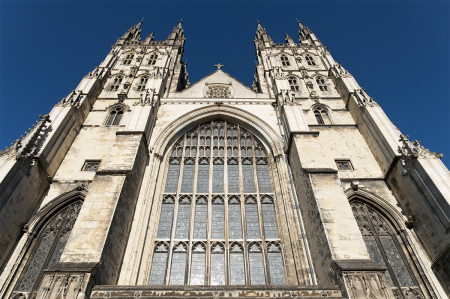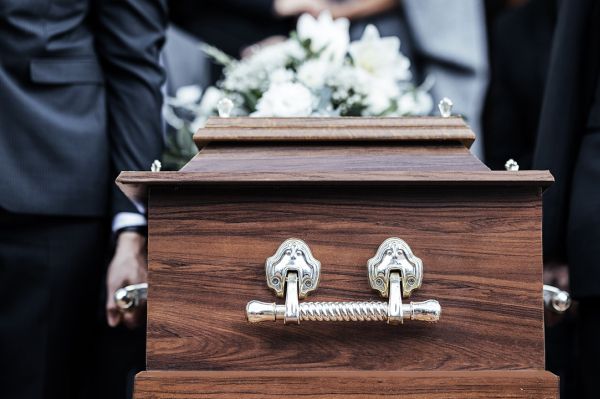Atheist groups cheer as UK Parliament set to consider bill severing CofE's ties to gov't

A bill aimed at officially severing the Church of England from the British government is set to be introduced in Parliament next month.
The Disestablishment of the Church of England bill, scheduled to be introduced by Liberal Democrat lawmaker Paul Scriven on Dec. 6, was selected earlier in November from a bill ballot from private members of the House of Lords, according to British secularist groups.
Calling his bill “long overdue,” Scriven said the measure would bring an end to the “privileges” enjoyed by the Church of England, which has an estimated 85 million members in 165 countries.
“I'm looking forward to introducing this bill that will finally deal with the Church of England being one of many religious organizations and not the State Church with the privileges that brings,” Scriven tweeted on Nov. 9.
With the establishment of the Church of England as the official state religion of the United Kingdom, 26 bishops are granted automatic seats in the House of Lords, and British monarchs carry the title “Defender of the Faith” and sit as the Supreme Governor of the Church.
In his coronation ceremony in May, King Charles III pledged his commitment and “responsibility to the Church of England … in which my faith is so deeply rooted.” Atheist groups like the U.K.’s National Secular Society (NSS) criticized the king for taking his oath while kneeling before a Bible.
Among the many musical traditions at the coronation was George Frederick Handel’s famous anthem, “Zadok the Priest,” which refers to the biblical monarchy of King David and King Solomon with the lyrics, “Zadok the Priest and Nathan the Prophet/ anointed Solomon King./ And all the people rejoiced and said: God save The King!/ Long live The King! May The King live forever!”
In support of Scriven’s bill, NSS Chief Executive Stephen Evans called the Church of England’s role in British affairs “unsustainable.”
"In our religiously diverse and increasingly secular country, the establishment of the Church of England is simply unsustainable,” said Evans. “Disestablishment would remove religious privilege from the heart of our constitutional settlement and be a step towards a more inclusive, diverse and equal society.
"We urge parliamentarians to support this bill as a commitment to fostering a society where all citizens are equally valued and respected."
American atheist group Freedom From Religion Foundation (FFRF), which called the sight of King Charles kissing a Bible at his coronation “distressing,” said the U.S. could learn from the disestablishment effort.
“At a moment when the United States is struggling to retain our secular democracy, we’re cheered by the news that disestablishment is being debated and contemplated in Britain,” FFRF Co-President Annie Laurie Gaylor said in a statement.
“The privileging of the Church of England is holding back progress and allows it to force its doctrines on the majority of non-Christians. It’s time the British tell the Church of England to ‘sod off.’”
Despite the CofE's entrenched position in British history and government, fewer Brits are filling the pews: in 2013, the average Sunday service attendance across the CofE was a little over 1 million, and by 2019, this number had dropped to 854,000, a decline of over 15%.
A further decline occurred in the wake of the pandemic, with a report by the Diocese of Oxford estimating that attendance in October 2022 was at 81% of 2019 levels.
The issue of declining numbers extends beyond church attendance.
According to CofE data analyzed by The Telegraph, 423 churches closed between 2010 and 2019, with nearly 1,000 churches closed from 1987 to 2019. This decline has brought the number of operational churches down to around 15,496.
Simultaneously, Christians' overall share of the population in England and Wales has dropped. According to the Office for National Statistics, Christians comprised 46.2% of the population in 2021, a decrease from 59.3% in 2011.





















